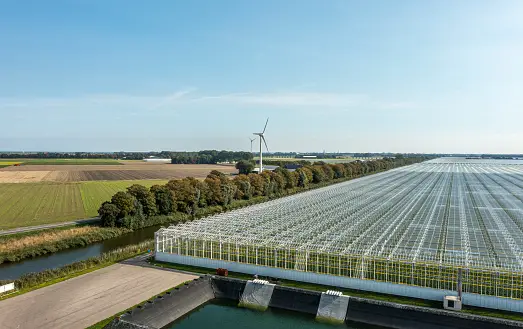
Private Equity Ventures into the AI Frontier: Unveiling Investments in Cutting-Edge Technology
Private equity companies have long been at the forefront of identifying lucrative investment opportunities across various industries. In recent years, the convergence of finance and technology has paved the way for a new wave of investments in artificial intelligence (AI) companies. These ventures not only underscore the transformative potential of AI but also highlight the strategic foresight of private equity firms in capitalizing on disruptive technologies to drive growth and generate value.
The AI Revolution: Transforming Industries
Artificial intelligence, encompassing machine learning, natural language processing, computer vision, and predictive analytics, has emerged as a game-changer across numerous sectors. From healthcare and finance to retail and manufacturing, AI technologies are revolutionizing business operations, enhancing productivity, and enabling data-driven decision-making.
In healthcare, AI-powered algorithms are driving innovations in medical diagnosis, drug discovery, and personalized treatment plans. Financial institutions are leveraging AI for fraud detection, risk assessment, and algorithmic trading, while retailers utilize AI-driven insights for demand forecasting, inventory optimization, and customer engagement.
Private Equity’s Foray into AI: Strategic Investments
Private equity firms have recognized the immense potential of AI to disrupt traditional business models and drive competitive advantage. As such, they have actively sought investment opportunities in AI companies at various stages of development, from early-stage startups to established players poised for growth.
One notable example is the acquisition of AI startups specializing in machine learning and predictive analytics. Private equity firms have invested in companies developing AI-driven solutions for customer relationship management, marketing automation, and supply chain optimization, recognizing the value proposition of these technologies in enhancing operational efficiency and driving revenue growth.
Moreover, private equity companies have facilitated the expansion of AI companies through strategic mergers and acquisitions. By providing capital and operational expertise, private equity firms enable AI companies to scale their operations, penetrate new markets, and accelerate product development initiatives.
Case Studies: Private Equity Investments in AI
Several high-profile examples illustrate the growing interest of private equity in AI investments:
- Blackstone Group’s Acquisition of HealthEdge: In 2020, Blackstone Group acquired HealthEdge, a leading provider of healthcare IT solutions leveraging AI and machine learning. The acquisition aimed to capitalize on the growing demand for AI-driven healthcare technologies and position HealthEdge for accelerated growth and market expansion.
- KKR’s Investment in AppLovin: In 2018, KKR invested in AppLovin, a mobile advertising platform utilizing AI algorithms to optimize ad targeting and user engagement. KKR’s investment valued AppLovin at over $2 billion, highlighting the attractiveness of AI-driven advertising technologies to private equity investors.
- Thoma Bravo’s Acquisition of Sophos: In 2019, Thoma Bravo acquired Sophos, a cybersecurity company specializing in AI-powered threat detection and prevention. Thoma Bravo’s investment aimed to capitalize on the growing demand for AI-driven cybersecurity solutions and position Sophos as a market leader in the rapidly evolving cybersecurity landscape.
Challenges and Opportunities
While private equity investments in AI present lucrative opportunities for value creation and portfolio diversification, they also entail certain risks and challenges. The rapid pace of technological innovation, regulatory uncertainty, and potential ethical concerns surrounding AI adoption are among the key considerations that private equity firms must navigate.
Furthermore, successful AI investments require a deep understanding of the technology landscape, as well as access to talent with expertise in data science, machine learning, and AI development. Private equity firms must also ensure alignment between their investment thesis and the long-term strategic objectives of AI companies to maximize returns and mitigate downside risks.
Looking Ahead: Shaping the Future of AI Investments
As AI continues to evolve and permeate various industries, private equity firms are expected to play a pivotal role in shaping the future of AI investments. By leveraging their capital, industry expertise, and operational capabilities, private equity companies can accelerate the growth and development of AI startups, drive consolidation within the AI ecosystem, and unlock new sources of value for their investors.
In conclusion, private equity investments in AI represent a convergence of financial acumen and technological innovation, with the potential to reshape industries and drive sustainable growth. As AI continues to gain prominence as a transformative force in the global economy, private equity firms are well-positioned to capitalize on emerging opportunities and generate outsized returns for their stakeholders.






